Take control of your mental health with Self-Assessment and practical coping strategies for overcoming Panic and Anxiety attacks.
Panic and Anxiety attacks can be overwhelming and debilitating, affecting daily life and causing significant stress. However, with the right tools and knowledge, it is possible to manage these symptoms and regain control. Self-assessment is an important first step in this process.
By understanding your unique triggers and patterns, you can develop a personalized plan to cope with it. In this guide we will explore different strategies and techniques for self-assessment and provide practical tips for managing symptoms.
Whether you’re just starting your journey or have been struggling for a while, this guide offers a comprehensive approach to overcoming these attacks.
What are Panic and Anxiety attacks?
Panic and anxiety attacks are intense and overwhelming feelings of fear, nervousness, or worry. Panic attacks are sudden, severe episodes of fear and physical symptoms such as sweating, shaking, and rapid heartbeat.
Anxiety and Panic attacks are similar, but typically have a slower onset and less intense physical symptoms. Both of these attacks can be triggered by specific situations or occur without a clear cause.
If persistent, they can interfere with daily life and may be symptoms of a more severe anxiety disorder.
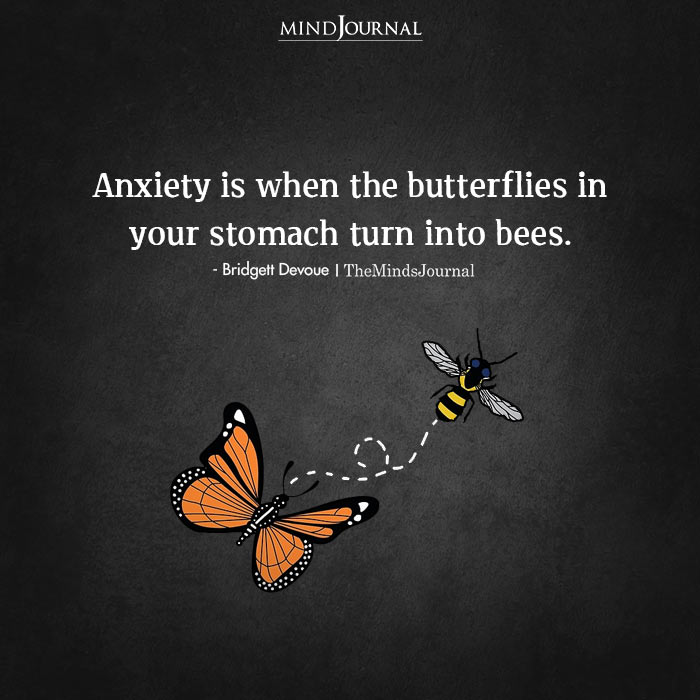
Symptoms of Panic and Anxiety attacks
Identify these attacks by the following symptoms:
- Rapid heart rate
- Sweating
- Shaking or trembling
- Shortness of breath
- Chest pain
- Nausea or stomach distress
- Dizziness or lightheadedness
- Feelings of terror or impending doom
- Choking sensations
- Tingling or numbness in the hands or feet
- Hot flashes or chills
It is important to note that everyone experiences symptoms differently, and not all individuals will have all of these symptoms.
If you are experiencing these symptoms, it is recommended to consult a doctor for a proper diagnosis and treatment plan to identify the attacks.
Read: What Is Anticipatory Anxiety And How To Stop Worrying About The Future
What causes Panic and Anxiety attacks
Anxiety or Panic attacks can be caused by a variety of factors including:
- Genetics and biology,
- Traumatic life events,
- Chronic stress,
- Substance abuse,
- Medical conditions, such as heart disease or thyroid problems,
- Withdrawal from certain medications,
- Certain phobias, and
- Personality factors
It’s also worth noting that these attacks can develop from a complex combination of factors, and may not always be attributed to a single cause.
Questions for taking the Self-Test assessment
Here are some questions you could use to assess whether you may be experiencing Anxiety or Panic attacks:
- Have you been feeling excessively worried or nervous lately?
- Have you been experiencing physical symptoms such as sweating, trembling, or rapid heartbeat when you’re not exercising or engaging in other physically strenuous activities?
- Have you been avoiding certain situations or places because you fear having a panic attack?
- Have you been experiencing intense fear or dread for no apparent reason?
- Have you been having trouble sleeping or concentrating due to anxiety?
- Have you been feeling on edge or jumpy, as if something bad is about to happen?
- Have you been having trouble breathing or feeling as though you can’t get enough air?
- Have you been experiencing chest pain or tightness?
- Have you been feeling dizzy or lightheaded?
- Have you been having trouble swallowing or a sensation of having a lump in your throat?
If you answered yes to several of these questions, it may be a sign that you’re experiencing anxiety or panic attacks and should consider seeking professional help.
Read: You can also take a self assessment on Panic Disorder Test
Measures to take during panic and anxiety attacks
During a panic attack, it is important to practice relaxation techniques to help calm down. Here are some measures that you can take:
1. Breathing exercises
Focus on slow, deep breathing, inhaling, and exhaling slowly.
2. Progressive muscle relaxation
Tense and relax different muscle groups one at a time to release physical tension.
3. Distraction
Engage in an activity that can distract you, such as reading a book, listening to music, or watching a movie.
4. Mindfulness meditation
Focus on the present moment and observe your thoughts without judgment.
5. Positive self-talk
Replace negative thoughts with positive affirmations and remind yourself that the attack will pass.
6. Grounding techniques
Focus on the five senses to anchor yourself in the present moment, such as paying attention to your surroundings or holding something physical.
7. Reach out to someone
Talking to a friend, family member or mental health professional can help you feel better.
It is also important to seek professional help if panic or anxiety attacks become persistent and disruptive to your daily life.
Read: Learn more about Holistic Health
Coping strategy for Panic and anxiety attacks
There are several coping strategies that can help manage these attacks in the long term:
1. Relaxation techniques
This can include deep breathing exercises, progressive muscle relaxation, and mindfulness meditation.
2. Cognitive-behavioral therapy (CBT)
A form of therapy that helps people identify and change negative thought patterns and behaviors that contribute to anxiety.
3. Exercise
Regular exercise can help reduce stress and improve mood, making it an effective way to manage panic and anxiety.
4. Healthy lifestyle habits
Eating a balanced diet, getting enough sleep, and reducing caffeine and alcohol intake can help reduce the severity of anxiety symptoms.
5. Support from family and friends
Talking to loved ones about your feelings and seeking their support can be beneficial for managing anxiety and panic.
It’s important to remember that everyone’s experience with anxiety is unique, and what works for one person may not work for another.
It may take time to find the right combination of coping strategies for anxiety or panic attacks that work for you, but it’s important to persist and seek help from a mental health professional if needed.
Relaxation techniques for Panic and anxiety attacks
Here are some relaxation techniques that can help with Anxiety and Panic attacks
1. Deep breathing
This involves taking slow, deep breaths and focusing on breathing out slowly.
2. Progressive muscle relaxation
This involves tensing and then relaxing each muscle group in the body, one at a time.
3. Guided imagery
This involves imagining a peaceful scene, such as a beach or a forest, and focusing on the details of that scene.
4. Mindfulness meditation
Involves focusing on the present moment, without judgment, and accepting feelings and thoughts as they arise.
5. Yoga or tai chi
These are physical practices that can help reduce stress and anxiety.
6. Listening to calming music
This can help slow down breathing and heart rate.
It is important to find what works best for you for Anxiety or Panic attacks and to practice these techniques regularly to help reduce the severity and frequency of the attacks.
Read: Types Of Holistic Health Treatments
How can You prevent Panic and Anxiety attacks?
There are several strategies that can help prevent attacks:
1. Practice relaxation techniques
Deep breathing, meditation, yoga, and progressive muscle relaxation can help you manage stress and prevent these attacks.
2. Exercise regularly
Physical activity can reduce stress and improve overall mental health.
3. Get enough sleep
Sleep deprivation can increase anxiety and risk of the attacks.
4. Limit caffeine and alcohol
These substances can trigger anxiety and panic attacks.
5. Eat a healthy diet
Proper nutrition can improve mood and reduce anxiety.
6. Challenge negative thoughts
Try to identify and reframe negative thoughts that trigger Anxiety and Panic.
7. Seek support
Talking to friends, family, or a mental health professional can provide emotional support and help you better manage stress and deal with the attacks.
8. Consider therapy or medication
Cognitive-behavioral therapy and certain medications, such as antidepressants and beta-blockers, can help treat the attacks.
It’s important to remember that everyone experiences anxiety and panic differently and what works for one person may not work for another.
It may take some time to find what works best for you, but with the help of a mental health professional, you can develop a plan to manage your symptoms for Panic and Anxiety attacks.
Seeking professional help for Panic and Anxiety attacks
If you are experiencing the symptoms of Anxiety and Panic attacks, seeking professional help from a mental health professional, such as a psychologist or a psychiatrist, is recommended.
They can diagnose and treat these conditions and help you develop coping strategies and techniques for managing your symptoms of Panic and Anxiety attacks.
There are also various evidence-based treatments for Anxiety and Panic, such as cognitive-behavioral therapy, exposure therapy, and medication.
Additionally, support groups and self-help resources may also be helpful in managing your symptoms and promoting recovery.
Frequently Asked Questions (FAQs)
What is a panic attack?
A panic attack is a sudden episode of intense fear and anxiety.
What are the symptoms of a panic attack?
The symptoms of a panic attack include rapid heartbeat, sweating, shaking, shortness of breath, chest pain, and feelings of impending doom.
What causes panic and anxiety attacks?
There is no one specific cause of Anxiety and Panic attacks, but common triggers include stress, traumatic events, genetics, and certain medical conditions.
How can I prevent panic and anxiety attacks?
You can prevent Anxiety and Panic attacks by reducing stress, practicing relaxation techniques, and seeking therapy and/or medication if needed.
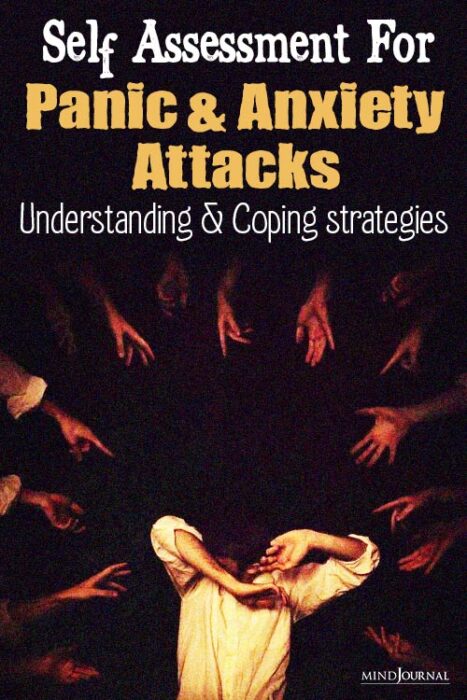
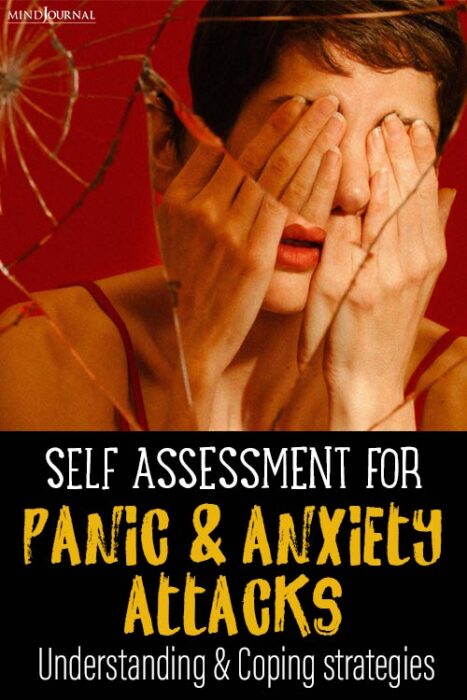
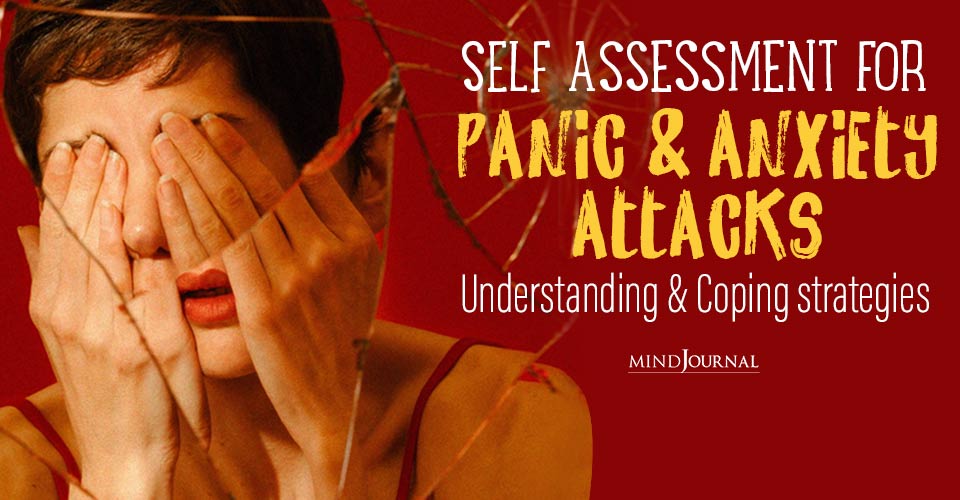

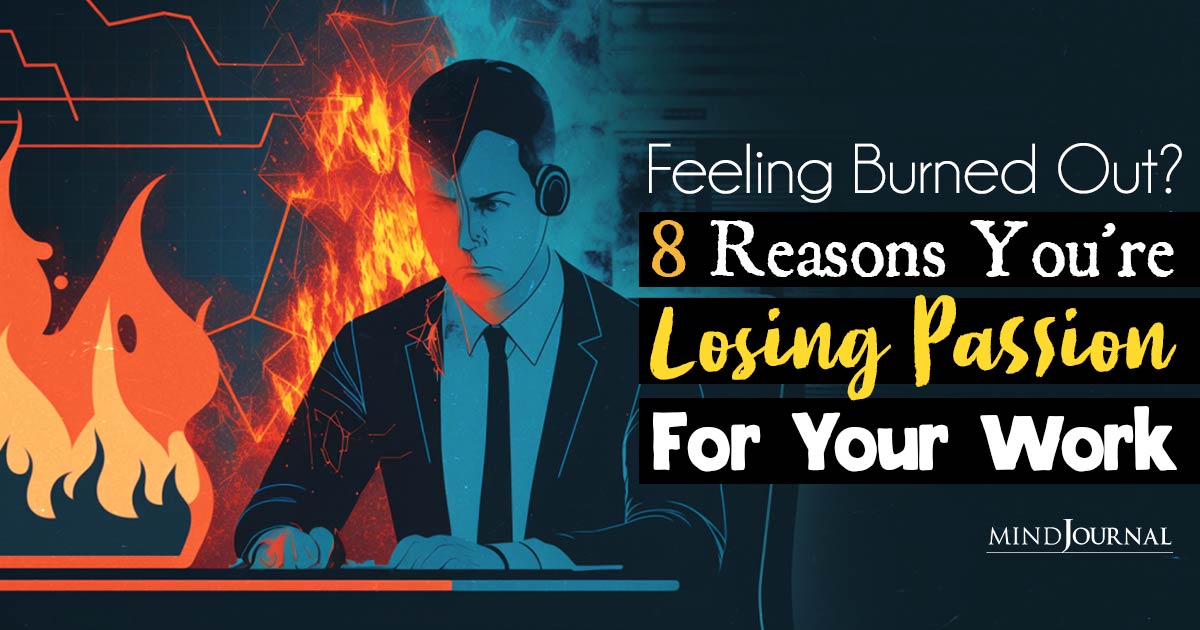

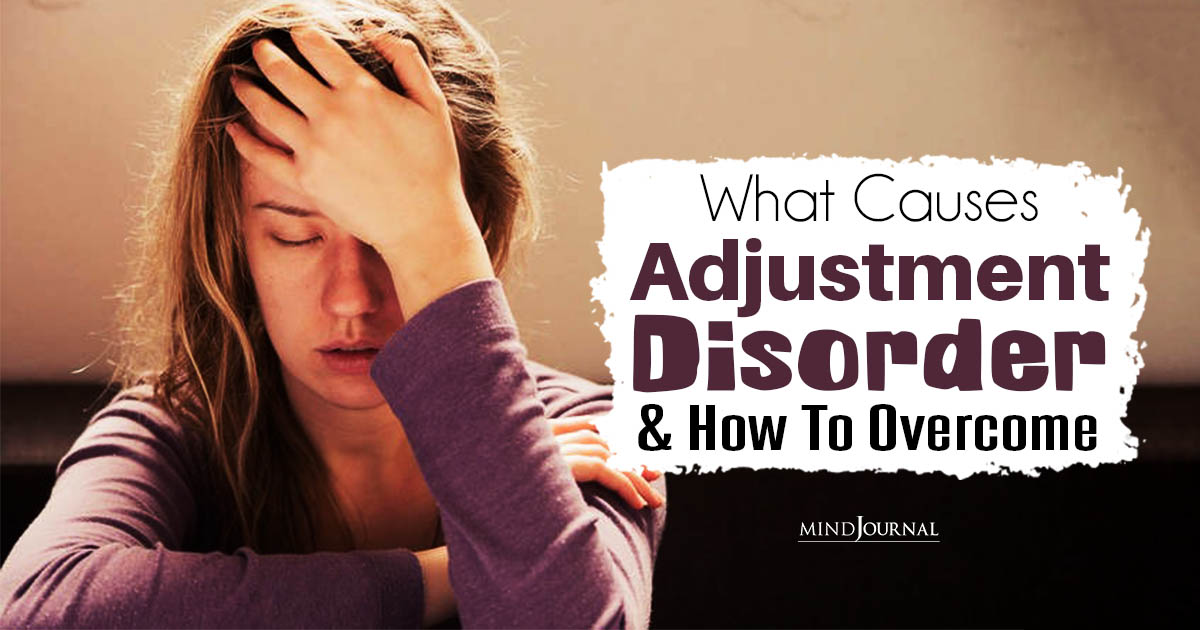

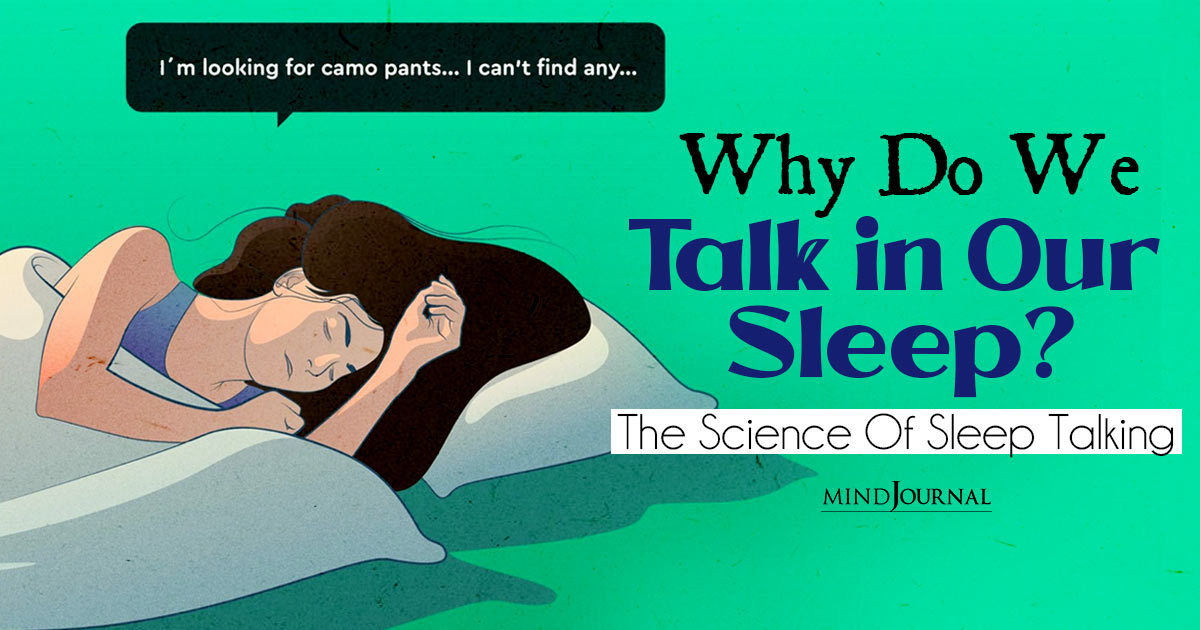
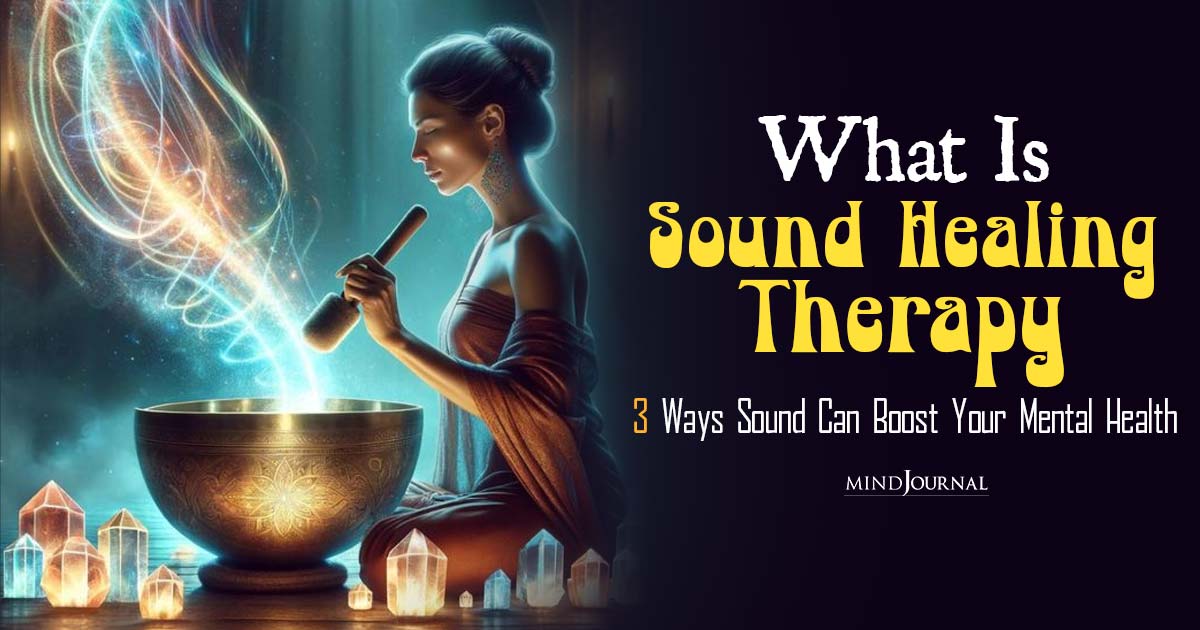
Leave a Reply
You must be logged in to post a comment.